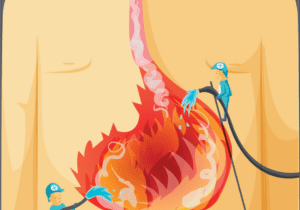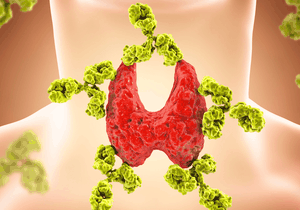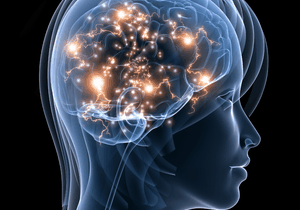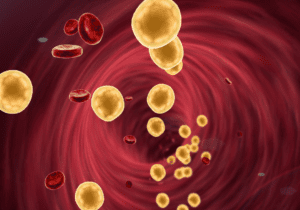Avoiding Brain Degeneration – Is It Possible?
Years ago, there was a commercial referring to a college education, and the catchphrase was, “a mind is a terrible thing to waste”. While they were speaking of college hopefuls, today, minds and brains are being wasted at an alarming rate to the terrible disease known as Alzheimer’s Disease. The unfortunate reality is that men and women are losing their brain function and becoming increasingly disconnected from reality. How about you? How many times have you walked into a room and forgotten why? How often do you lose your trend of thought when interrupted? How much has your personality or handwriting changed in the last few years? If you notice that you don’t seem to be the same person you once were, you may be right, and there may be something you can do about it.
With most of us moving through life at double speed, it’s no wonder that the brain gets tired. But what does that mean in terms of our daily life and how well we function on a day-to-day basis? Although not every lapse in memory or mental fogginess is a precursor to Alzheimer’s or dementia, it is still a sign of brain degeneration. Our brain is a fatty organ housed in a bony casing called the skull. When we are born, we are thankfully blessed with trillions of brain cells. We start to lose some from the instant we take our first breath and daily after that until the day we die. That unfortunate fact is immutable, however, how fast those cells die is within our control. There are several ways neurodegeneration presents itself. One is a direct result of our lifestyle and dietary habits and their impact on our health. If we live our lives cleanly, we diminish the frequency of cellular death, but if we make bad choices in life, then our brain will suffer. Another reason we lose brain function is inflammation. Just like the peripheral immune system that handles infections, our central nervous system also has a set of cells that protect our brain. These cells, called microglia, are activated by any injury to the central nervous system, for example, infection or trauma. The problem is when you activate these defensive cells, unlike your peripheral immune system that quiets down when the infection is over, these cells never shut off. The result is hyperactivity in the brain that further destroys brain cells. As the brain tires, simple things like reading a book or doing a crossword puzzle can be exhausting. You may develop gut issues such as upset stomach and indigestion, or you may feel depressed as neurotransmitter production is impacted by the degenerative changes. Because the brain also regulates blood pressure, you may see an unusual rise or fall in blood pressure that is difficult to control, even with medication. The ironic part is that medically there is very little that can be done to support the brain, quiet down microglial activation, and slow down the rate of degeneration. However, from a natural perspective, there are several options that, based on research, have been shown to dampen these overactive cells.
What are some things you can do to hold back the damage? Diet is super important, eating a clean wholesome diet is prime. Avoid partially hydrogenated and hydrogenated oils, and eat plenty of fresh vegetables and healthy proteins like fish, lean meat, chicken, and eggs. Additives like MSG and Aspartame as well as sugar in any form and in excess are excitotoxins which means that they over-activate the brain and cause damage over time. Habits like smoking can also adversely affect brain function and the oxygen supply to brain tissue. If you want to live a healthy life and be mentally sharp until the end, chose wisely today and your brain will thank you tomorrow.
















